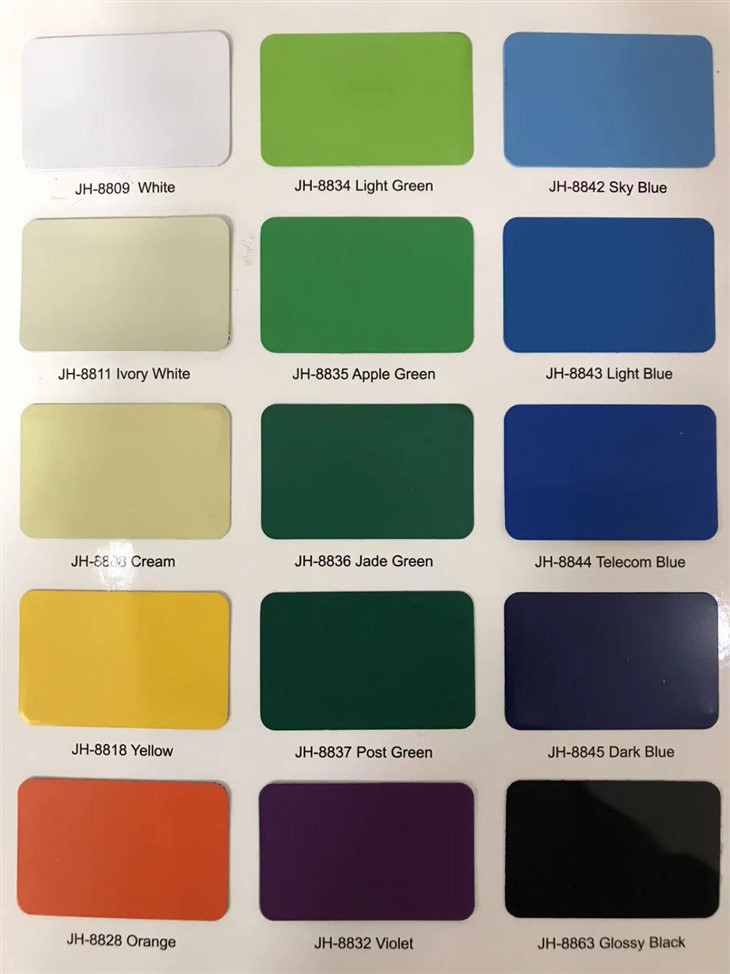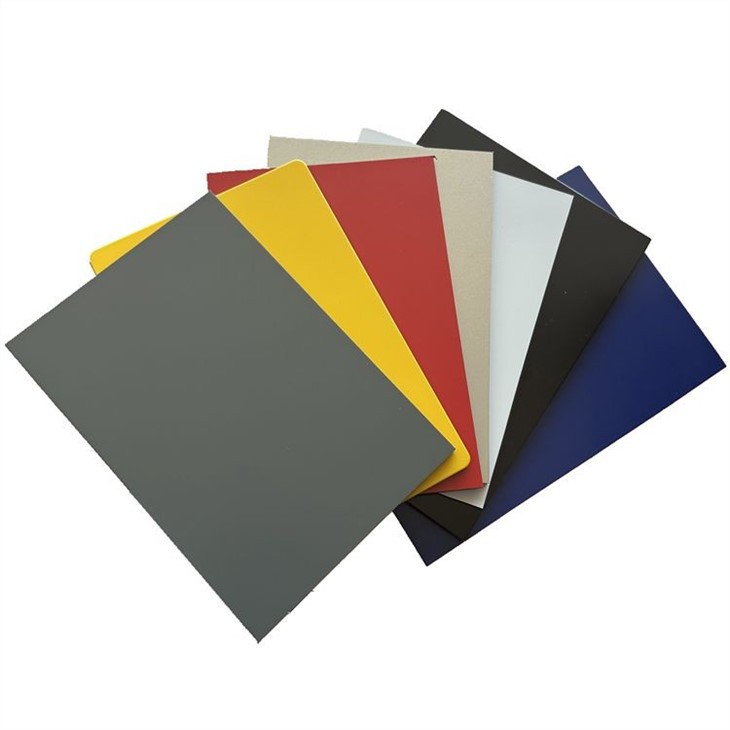Hey there! As an aluminum cladding panel supplier, I often get asked by folks about how to choose the right aluminum cladding panels for their projects. It can seem like a daunting task, but don't worry! I'm here to break it down for you so you can make an informed decision.
Understanding Your Project Needs
First things first, you need to have a clear idea of what your project requires. Are you working on a commercial building, a residential home, or a public space? Each type of project has different needs and requirements.
For commercial buildings, durability and aesthetics are often top priorities. You want panels that can withstand the elements and look great for years to come. On the other hand, for residential homes, you might be more concerned with cost and ease of installation. Public spaces, such as schools or hospitals, may have additional requirements for fire safety and accessibility.
Think about the location of your project as well. If it's in an area with harsh weather conditions, like high winds or heavy rain, you'll need panels that are designed to be weather-resistant. If it's in a coastal area, you'll also need to consider corrosion resistance.
Types of Aluminum Cladding Panels
There are several types of aluminum cladding panels available on the market, each with its own unique features and benefits.
Aluminum Composite Panels (ACP)
ACP panels are one of the most popular choices for building cladding. They consist of two thin aluminum sheets bonded to a polyethylene or mineral core. ACP panels are lightweight, easy to install, and come in a wide range of colors and finishes. They're also relatively affordable, making them a great option for budget-conscious projects.
You can check out our Light Grey 3mm ACP Sheet for a stylish and cost-effective option. And if you're looking for something with a bit more personality, our Popular Various Pattern Aluminum Composite Panel Best Selling Product offers a variety of eye-catching patterns.
Solid Aluminum Panels
Solid aluminum panels are made from a single piece of aluminum. They're more durable and rigid than ACP panels, making them a good choice for high-rise buildings or areas with high wind loads. Solid aluminum panels also offer better fire resistance and can be customized to fit any shape or size.
However, solid aluminum panels are more expensive than ACP panels and can be more difficult to install. They also have a limited range of colors and finishes compared to ACP panels.
Perforated Aluminum Panels
Perforated aluminum panels have small holes or patterns punched into them. They're often used for decorative purposes or to provide ventilation and shading. Perforated panels can add a unique and modern look to your building, and they can also help reduce energy costs by allowing natural light and air to enter the building.
Considerations for Choosing Aluminum Cladding Panels
Once you've determined the type of aluminum cladding panels that are suitable for your project, there are several other factors to consider.
Aesthetics
The appearance of your aluminum cladding panels is an important consideration. You want them to complement the overall design of your building and enhance its curb appeal. Aluminum cladding panels come in a wide range of colors, finishes, and patterns, so you should be able to find something that matches your style.
You can choose from standard colors like white, black, and silver, or opt for more unique colors like red, blue, or green. There are also different finishes available, such as matte, gloss, and brushed, each of which can give your panels a different look and feel.


Durability
Durability is another key factor to consider when choosing aluminum cladding panels. You want panels that can withstand the elements and last for many years without fading, warping, or corroding.
Look for panels that are made from high-quality aluminum and have a protective coating. The coating can help prevent scratches, dents, and corrosion, and it can also enhance the panels' resistance to UV rays.
Fire Resistance
Fire safety is a critical consideration, especially for commercial buildings and public spaces. Make sure the aluminum cladding panels you choose meet the relevant fire safety standards in your area.
Some aluminum cladding panels are designed to be fire-resistant, with a core material that has a low flammability rating. These panels can help prevent the spread of fire and reduce the risk of damage to your building.
Installation and Maintenance
The ease of installation and maintenance of your aluminum cladding panels is also important. You want panels that are easy to install, as this can save you time and money on labor costs.
Look for panels that come with detailed installation instructions and are designed to be installed using standard tools and techniques. You should also consider the maintenance requirements of the panels. Some panels may require regular cleaning and inspection to keep them looking their best.
Installation and Grooving
Proper installation is crucial to ensure the performance and longevity of your aluminum cladding panels. If you're not experienced in installing cladding panels, it's recommended to hire a professional contractor.
When it comes to installation, grooving is an important step for ACP panels. Grooving involves cutting a shallow groove into the back of the panel to allow it to bend without cracking. You can learn more about Composite Aluminum Panel Cladding Grooving on our website.
Cost
Cost is always a consideration when choosing building materials. Aluminum cladding panels can vary in price depending on the type, size, color, and finish. Generally, ACP panels are more affordable than solid aluminum panels, but the cost can also depend on the quality and brand.
It's important to balance cost with quality and performance. While it may be tempting to choose the cheapest option, investing in high-quality panels can save you money in the long run by reducing maintenance and replacement costs.
Conclusion
Choosing the right aluminum cladding panels for your project doesn't have to be a difficult task. By understanding your project needs, considering the different types of panels available, and taking into account factors like aesthetics, durability, fire resistance, installation, and cost, you can make an informed decision.
If you have any questions or need more information about our aluminum cladding panels, feel free to reach out to us. We're here to help you find the perfect solution for your project. Whether you're a contractor, architect, or building owner, we can work with you to ensure you get the best results. So don't hesitate to contact us for a free consultation and let's start discussing your project today!
References
- Building Codes and Standards related to aluminum cladding panels
- Manufacturer's product specifications and installation guides